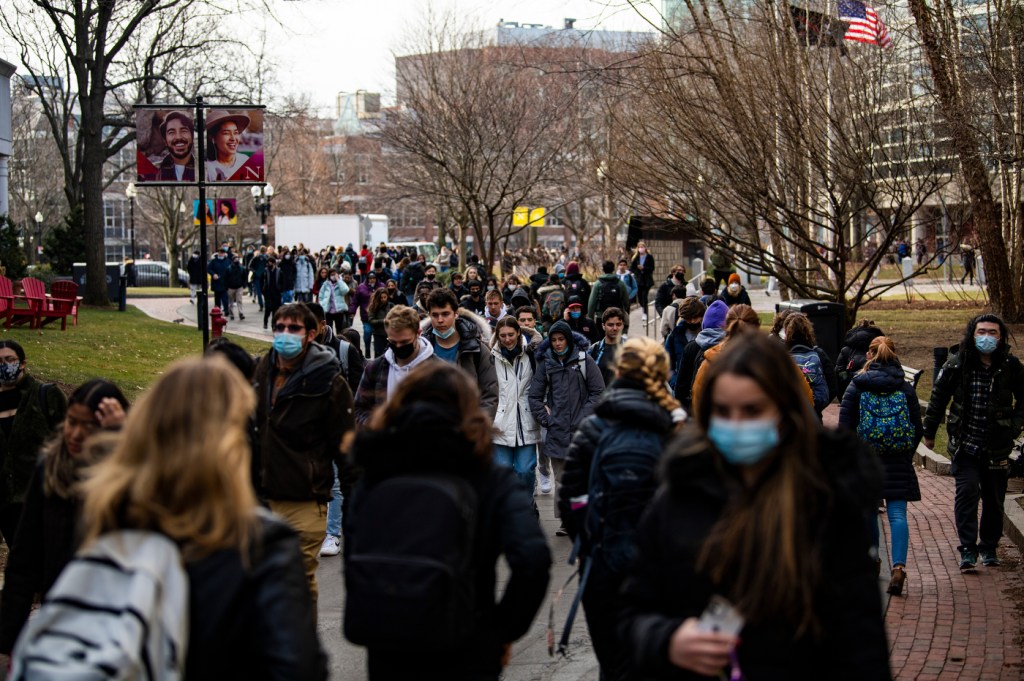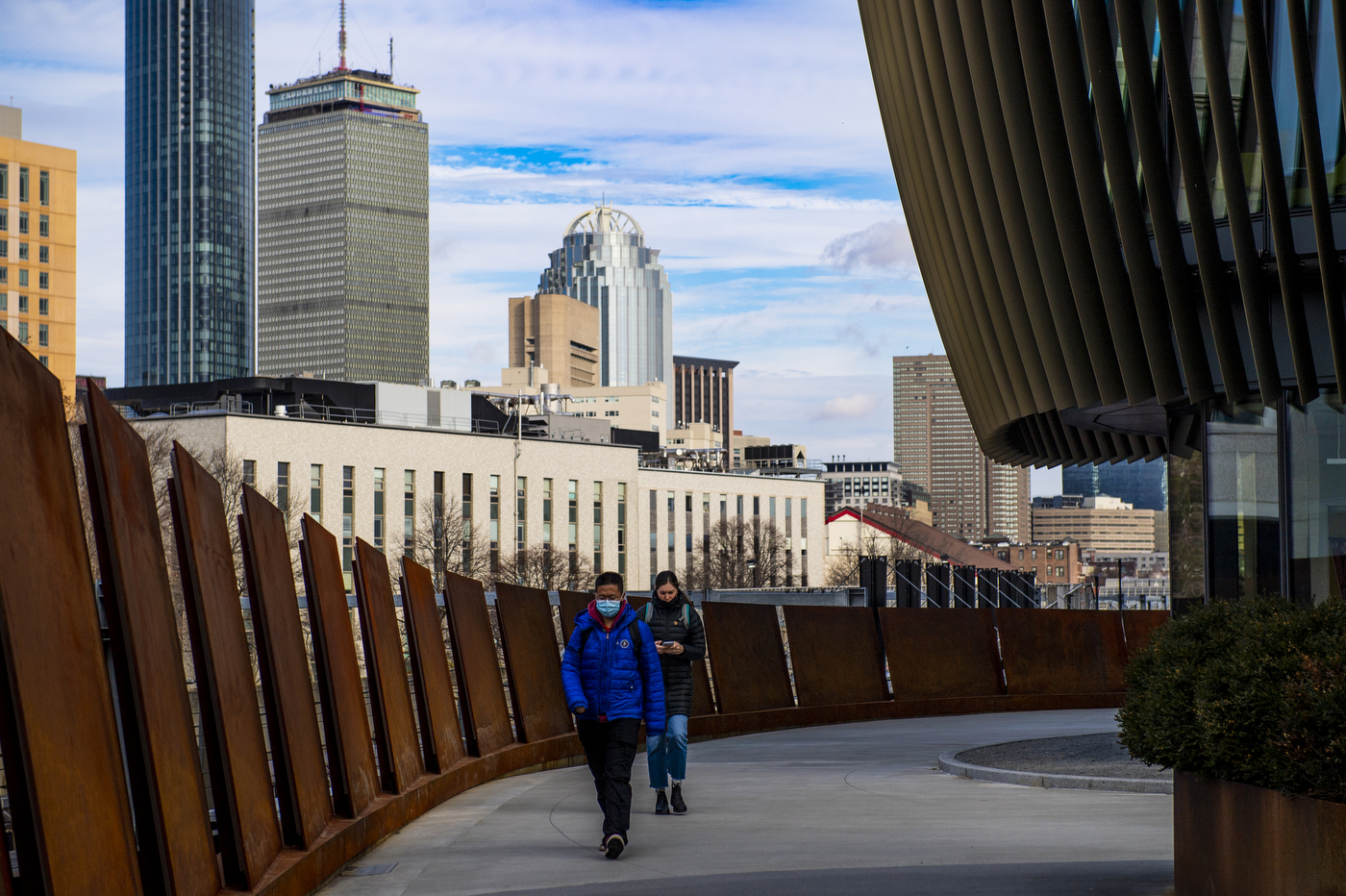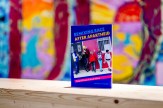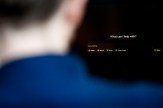COVID-19 is evolving. So is Northeastern’s approach to managing it.

As the COVID-19 pandemic has evolved, so too has Northeastern University’s management of it. Most recently, faced with a variant of the coronavirus that is highly transmissible but causes less severe illness—especially in vaccinated, boosted populations—the university has evolved its response, putting protocols in place that will enable students, faculty, and staff to live, learn, and work in a manner that is safe, and as close to normal as possible.
“At the beginning of the pandemic, when there were no vaccinations, the tactics we used to identify as quickly as possible anyone who tested positive and isolate them were designed to reduce the transmission of the virus,” says Ken Henderson, Northeastern’s chancellor and senior vice president for learning, and former dean of the College of Science.
Now, the goal is to learn to live with the virus—at Northeastern and around the world. Earlier this month, the World Health Organization predicted that more than half of the population of Europe would be infected with the omicron variant in the next couple months.
Even before the WHO report was released, in a message to the university community, Northeastern leaders wrote, “It is now clear that COVID-19, in various forms, will be with us for the foreseeable future. As we move into this endemic phase of the pandemic, our job is to continue to control COVID effectively, not let COVID control us.”

Students walk by the Interdisciplinary Science and Engineering Complex on Northeastern’s Boston campus. Photo by Alyssa Stone/Northeastern University
Northeastern’s faculty experts have been studying the evolving COVID-19 landscape closely, as well. “We need to think of cases differently and not compare the number that we have today with the numbers that we experienced in the past,” said Alessandro Vespignani, Sternberg Family Distinguished Professor and director of the Network Science Institute at Northeastern.
As such, and in line with public health guidance, Northeastern modernized many of its COVID-19 procedures for the spring semester, which began on Tuesday. Students, faculty, and staff on its U.S. campuses are required to be fully vaccinated and boosted. Classes and research resumed in-person. KN-95 masks will be available for students upon request at information desks across campus, including at Snell Library, Curry Student Center, and the Visitor’s Center. And the university is phasing out its wellness housing for most students who test positive for COVID-19.
Omicron’s increased infectiousness and decreased severity among those who are vaccinated and boosted rendered separate isolation housing an outdated strategy for dealing with COVID-19 on campus, says Henderson, an accomplished structural chemist. Other higher education institutions have followed suit, including Harvard University, which instituted an isolate-in-place policy for the spring semester.
“At this stage, our vaccination and booster requirements, combined with the high levels of transmissibility of the omicron variant, mean that wellness housing is no longer a useful tool. The virus is so transmissible that by the time we identify a case, there’s a high likelihood that the people who would become positive already have it.”
In accordance with guidelines from the U.S. Centers for Disease Control and Prevention, Northeastern requires students who test positive to isolate for a minimum of five days from either the onset of symptoms or the date of their positive test, whichever is earlier. Isolation can end after the fifth day, if students are no longer symptomatic, but those who test positive should continue wearing a mask around others, both indoors and outdoors, for five days after ending isolation. If students are still symptomatic after five days, they should continue isolating for an additional five days, or until their symptoms resolve, whichever comes first.
The university is prepared to accommodate the highest risk students in rare instances.
Students, faculty, and staff who test positive for COVID-19 will receive notification via email by the university wellness team. Henderson says students who test positive should minimize contact and limit their movements to picking up grab-and-go meals and using shared spaces in the dorms.
“If you’re picking up food, or using a shared space inside your residence hall, wear a mask, and keep a physical distance from other people,” he says.
Students who test positive and need to isolate in their rooms shouldn’t attend class in person and should coordinate with their faculty on using NUFlex technology to engage with the class remotely for the time being, instead.
Roommates of those who test positive should consider themselves close contacts and monitor themselves for symptoms. If they begin to exhibit symptoms, they should obtain a COVID-19 test immediately, irrespective of their weekly testing cadence.
While in line with the latest state and federal public health guidance, Northeastern’s reduction in wellness housing earned mixed reviews from members of the university community.
“It’s a little stressful,” says Mytreyi Sureshkumar, a first-year student of international affairs and economics. “I was in a single last semester, so it would have been easy to isolate myself. But now, I have roommates, so it’s more concerning to figure out how to share bathrooms and other spaces. I understand that some students want fewer restrictions, but the isolation housing provided some peace of mind.”
Jennifer Maher Doll, the mother of another Northeastern student, said her family has been “very pleased” with the university’s response to the pandemic. “We felt safe dropping off our daughter curbside in fall of 2020 during a very uncertain time, and we continue to feel just as safe now whenever she returns to campus,” she says. “We have been very pleased with the communication from the school, the availability of information on the COVID website, and are comfortable with the policy changes that have been made. We’re pleased to hear that the university was shifting gears and focusing more on learning to adapt and live with this virus, instead of focusing on transmission prevention.”
For media inquiries, please contact media@northeastern.edu.





